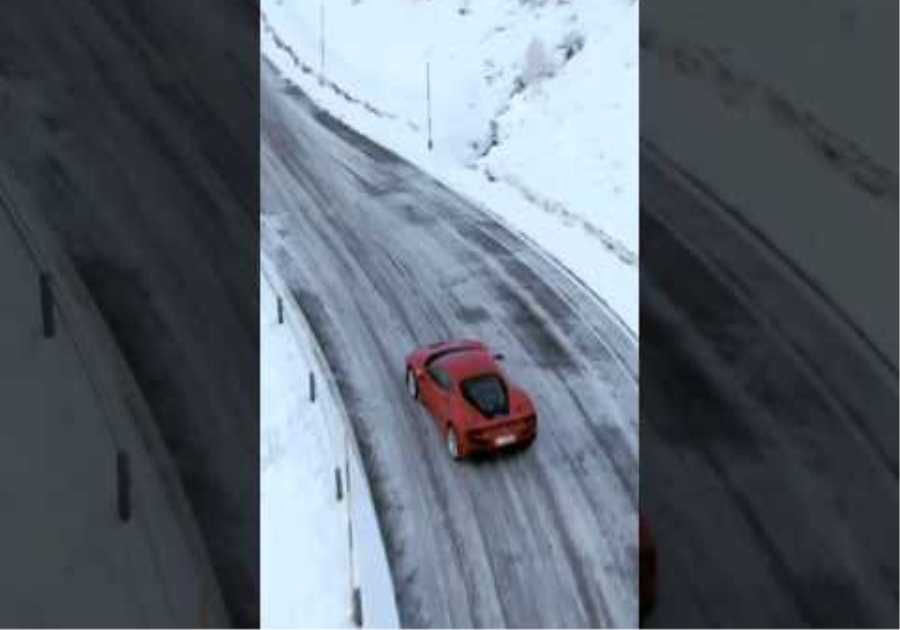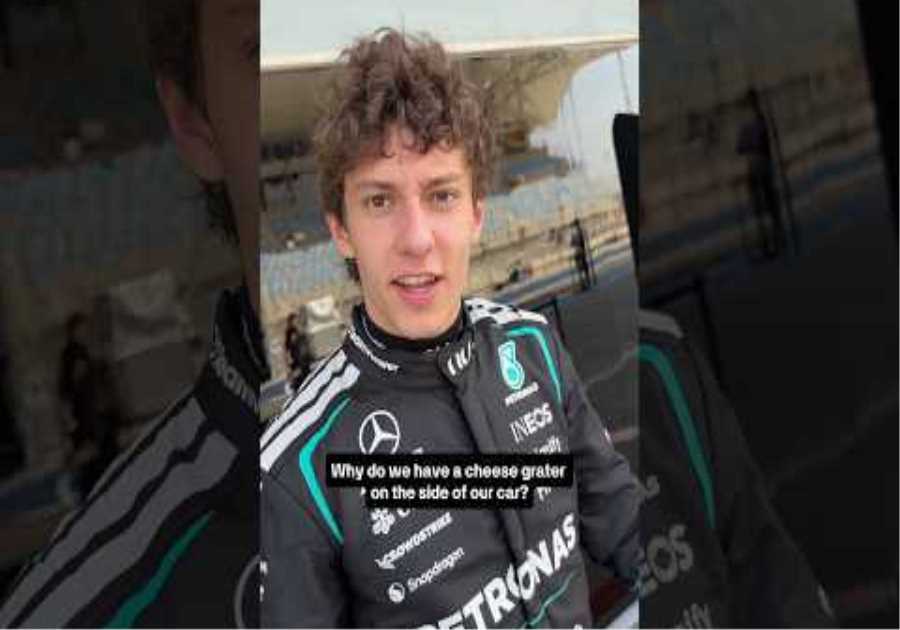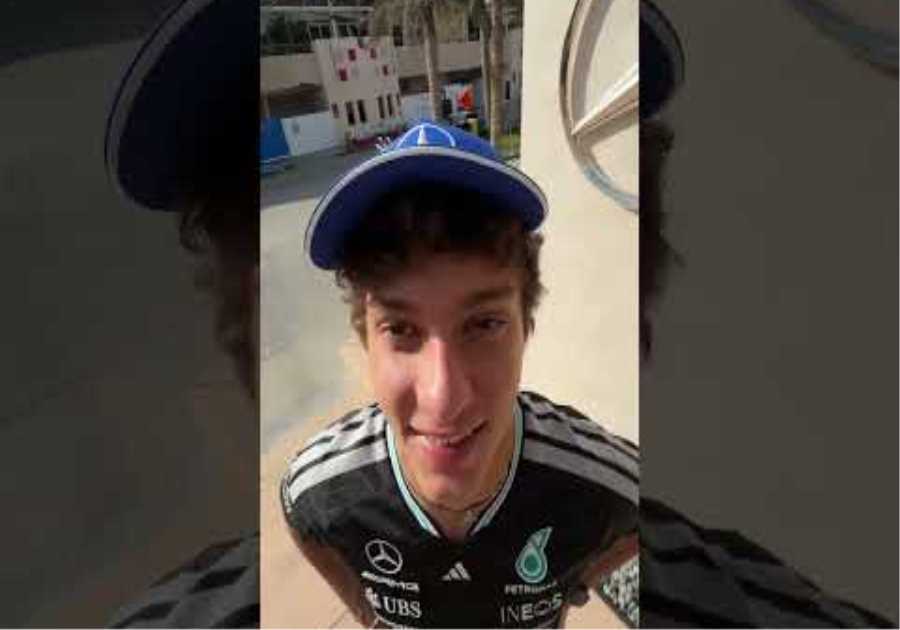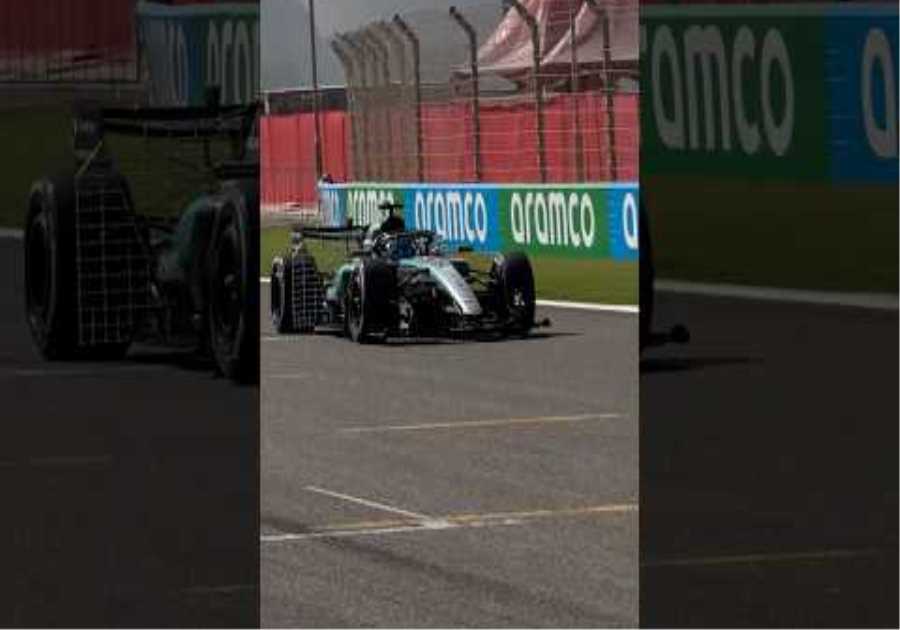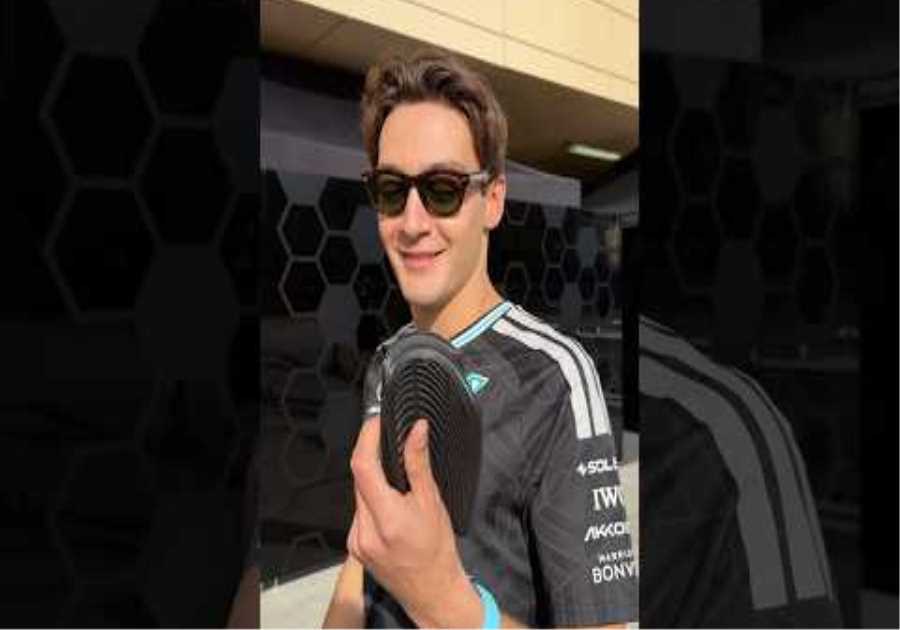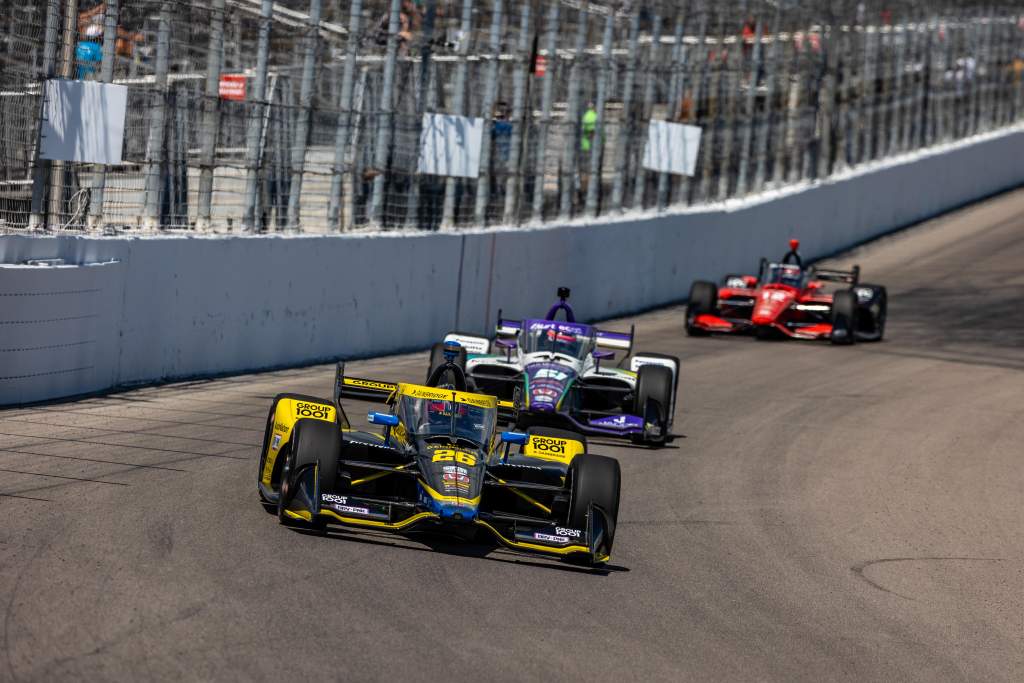
McLaren team principal Andreas Seidl believes the FIA superlicence points regulations should be changed to allow competitive IndyCar drivers to move directly to Formula 1.
Superlicence points are currently awarded to the top 10 finishers in the IndyCar standings, with 40 points for the champion down to one for 10th.
This makes it one of only two championships to award 40 points, the total required for a superlience. The other, Formula 2, offers 40 to the top three finishers in the standings, whereas the points slope drops off more steeply in IndyCar – with second and third worth 30 and 20 points respectively.
The super license points available for IndyCar has become a talking point because of the possibility of Colton Herta moving to F1. Herta, who has a driver development deal with McLaren, qualifies only for 32 points based on his championship finishes from 2019-2021 and is unlikely to improve on that this year given he is currently 10th in the standings.
Herta, who is in contention for an AlphaTauri drive next year, can accrue one extra point for each weekend he participates in an F1 free practice session, but changes to make IndyCar more powerful in the points scale could allow him to qualify based on championship positions .
“Fully supportive on looking into that and adapting the system because the IndyCar championship is a high-quality, very competitive championship with top drivers,” said Seidl when asked by The Race if changes should be made to make it easier for top IndyCar drivers to make the switch.
“Therefore, there’s no reason why we shouldn’t make sure that competitive drivers over there cannot switch to Formula 1 straight.”
Herta has already tested a 2021 car for McLaren, putting in a performance Seidl described as “quite impressive”.
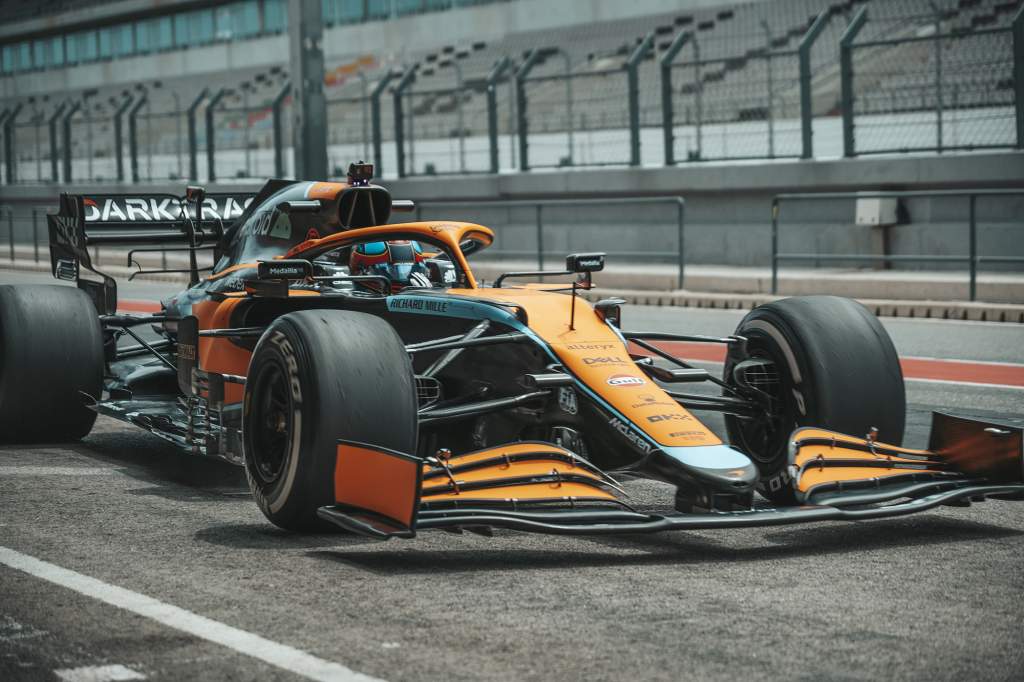
But while Seidl backs the principle of the superlicence points system, which was introduced in 2016, he argues that under the current rules there should be “flexibility” to grant Herta a superlicence.
The regulations do allow a superlicence to be granted to a driver who has scored a minimum of 30 points but, based on the “sole determination of the FIA”, were unable to qualify “due to circumstances outside their control or reasons of force majeure” .
“We think it is a good system in place, but at the same time we are absolutely up for some flexibility as well, taking into account especially the situation in the last two years with COVID and everything,” said Seidl.
“It had an impact as well on results drivers could score and [we’re] absolutely open for some flexibility there in handing a guy like Colton the superlicence, because in the end with what he has shown so far in his racing career, I have no doubt that he is absolutely able to compete in Formula 1.”
Herta indicated earlier this year that he was confident of being able to secure a superlicence for 2022 without having to be granted any special dispensation. But he has not indicated exactly how he would reach the 40-point mark.
This was looked into last year when Andretti was closing on a deal to buy the Sauber team that subsequently fell through.
However, several rival team principals, including Sauber’s Frederic Vasseur, suggested there was no argument of force majeure to be made in Herta’s situation.
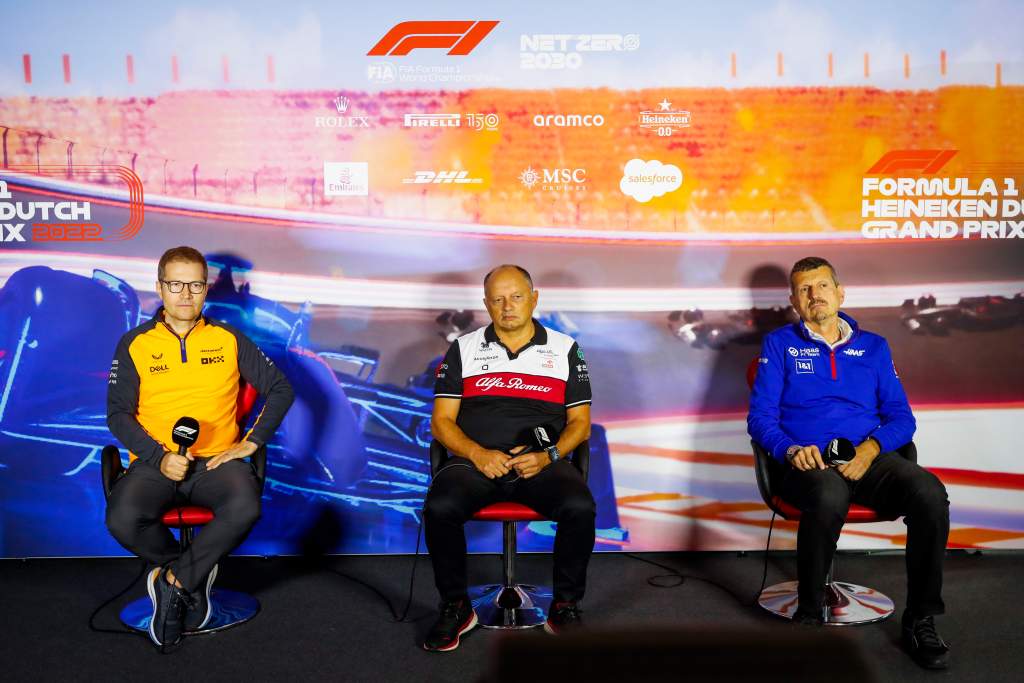
“From my point of view, it has nothing to do with force majeure because you had championships everywhere in the world and you were able to score points,” said Vasseur.
“Now, if the FIA want to stop the process of the points and the super license, it’s another story. They can do it and it’s up to them to decide if they want to stop the system and we can survive without the system, but it’s nothing to do with force majeure.”
Haas team principal Guenther Steiner said that F1 should be open to discussions to modify the superlience points regulations.
However, he also stressed the importance of the principle of the FIA not riding roughshod over its own rules.
“We have got rules and regulations which we need to respect,” said Steiner. “If we don’t respect our own rules and try to find ways around that, I don’t think that’s correct.
“We made them ourselves we signed onto them, there is a governance and we need to respect it. Force majeure coming in or not, It’s a discussion point, but COVID was everywhere. It didn’t stop any series racing.
“I’m one of those which says if they’ve got rules, if we don’t respect them and just [want] to find ways around that, then we need to change the rules.
“If you want to change the rules, let’s speak about it. But there is a government in place, you cannot change rules for tomorrow.”
Steiner declined to get into discussing the relative merits of F2 and IndyCar drivers as candidates to race in F1, but indicated any changes in the rules required an “agreement between the stakeholders”.
Vasseur took a similar position, although stressed that there is a need for regular reviews of the superlicence points system given the shifting motorsport landscape.
“We already had the case in the past when we changed the attribution of the points in F3, GP3 and even F2 a couple of years ago,” said Vasseur.
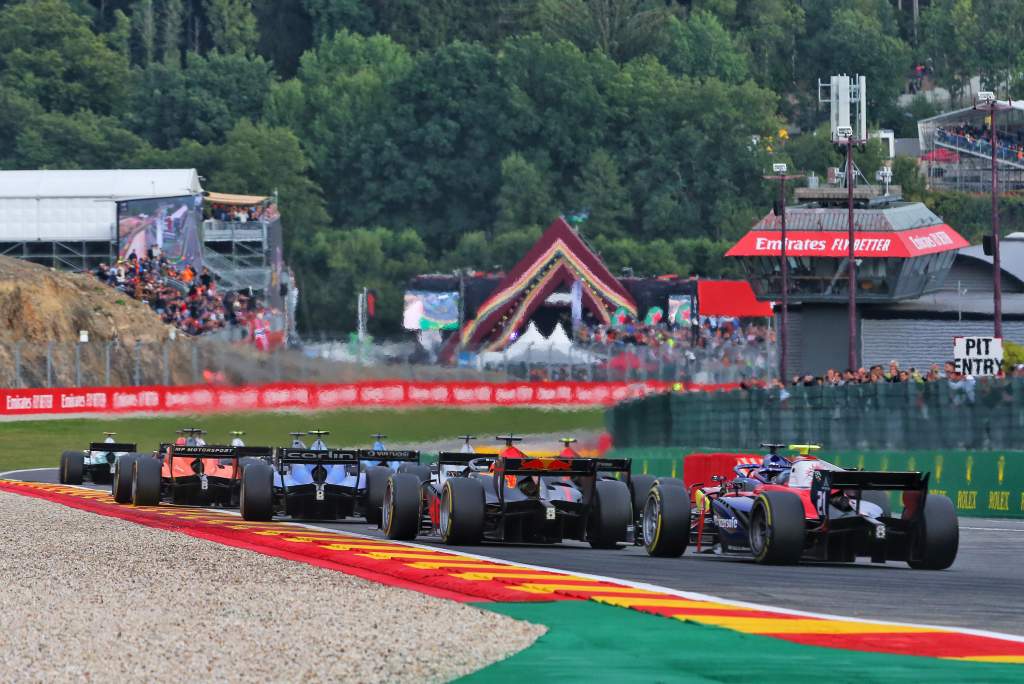
“The global picture of the championships is always changing and moving and we have to adjust the number of points for every single series.
“But we have a system that if we want to change and someone has a proposal, we can discuss it.”
Given F1 as a whole is keen to bring in an American driver, a change to the superlience points would be a pragmatic way to address this.
However, there are also political pressures given the FIA is keen to preserve its single-seater ladder as the primary route to F1, meaning such changes aren’t a foregone conclusion even if they would be a logical way to tackle the problem of a top -line series such as IndyCar being underpower in the superlicence points system.

